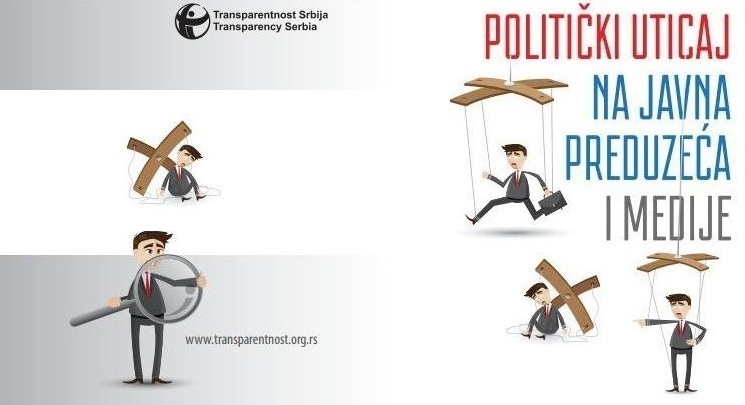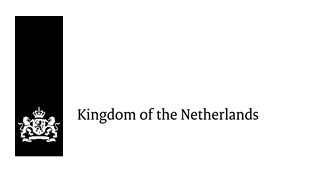Political influence on public enterprises and media

For this reason, Transparency Serbia researched the implementation of the Law on Public Enterprises of 2016. We analyzed the professionalization of public enterprise management through the selection of directors and supervisory boards, transparency of their work, and compliance with legal obligations, as well as the relationship of public enterprises with the media, where we observed advertising costs, sponsorships and donations, and accompanying reports. The research covered the legal framework in general and the documents collected for 30 public enterprises.
Public enterprises have been identified as the most problematic area in the fight against corruption in Serbia1 . The system of party control and coalitional “share of prey” in these companies, which functioned for decades, have not ceased by the adoption of the Law on Public Enterprises of 2012, which proclaimed the depoliticization and greater transparency and accountability, as showed by the Transparency Serbia research from 20142 . Bearing in mind the inherent purpose of public enterprises, their dominant position in the market and the ability to buy media influence, the costs of sponsorship and marketing emerge as their most disputable expenditures. The problems pointed out by TS and other actors3 have only partially been resolved by the new Law on Public Enterprises of 2016.
- Politički uticaj na javna preduzeća i medije - istraživanje - septembar 2017
- Začarani krug oglašavanja javnog sektora - prilog za debatu
- Začarani krug oglašavanja javnog sektora - letak

There are no articles in this category. If subcategories display on this page, they may have articles.

















